Pelikan Japanese Umbrella Maki-E Fountain Pen
4.400,00€
Today the Japanese umbrella is rarely used. You will still see it at special events such as Kabuki and Japanese traditional dance shows, or as rental umbrellas at traditional Japanese inns in sightseeing spots in Japan. There are four Japanese umbrellas drawn in Taka-Maki-e, using techniques such as raden and kirigane. Rain is expressed using many narrow pieces of mother of pearl.
The “Japanese Umbrella” is a masterpiece that combines the craftsmanship of Pelikan Germany based on 180 years of tradition and technology coupled with superior Japanese traditional Maki-e painting techniques. Each pen has the Pelikan logo on the crown, a limited edition number and the artist’s signature drawn in by hand using Maki-e techniques. The “Japanese Umbrella” is limited to an edition of 123 pieces worldwide. Each fountain pen is equipped with an 18 carat, two-tone gold nib and is encased in a traditional Japanese pen box made of paulownia wood.
Out of stock
Description
Views: 135
Maki-e is the art of Japanese lacquer painting and is renowned for its beauty and artistry. The Pelikan “Japanese Umbrella” Maki-e fountain pen uses Togidashi-Taka-Maki-e that combines Taka-Maki-e and Togidashi-Maki-e. The umbrella was introduced from China to Japan during the Heian period (AD 794-1185). At that time, the umbrella did not have the shape of today’s umbrella, but it looked like a canopy.It was only during the Azuchi Momoyama period (AD 1573-1603) that it became possible to close the umbrella.
The traditional Japanese umbrella is made of natural material such as Japanese paper, bamboo and wood. Thirty to Seventy bamboo bones are used to open and fairly spread the umbrella made of Japanese paper. When the umbrella is closed, it looks like a single rod with the paper folded inside the bones.


 Español
Español 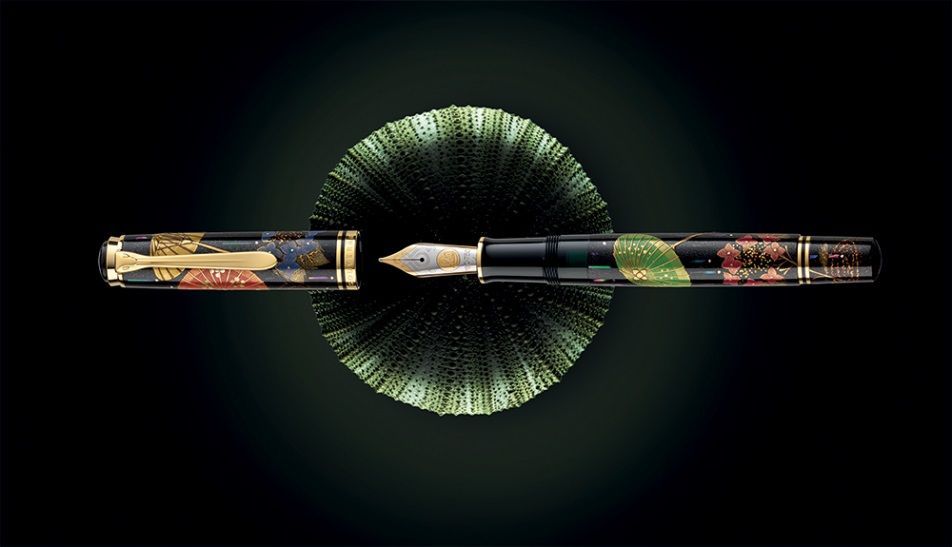
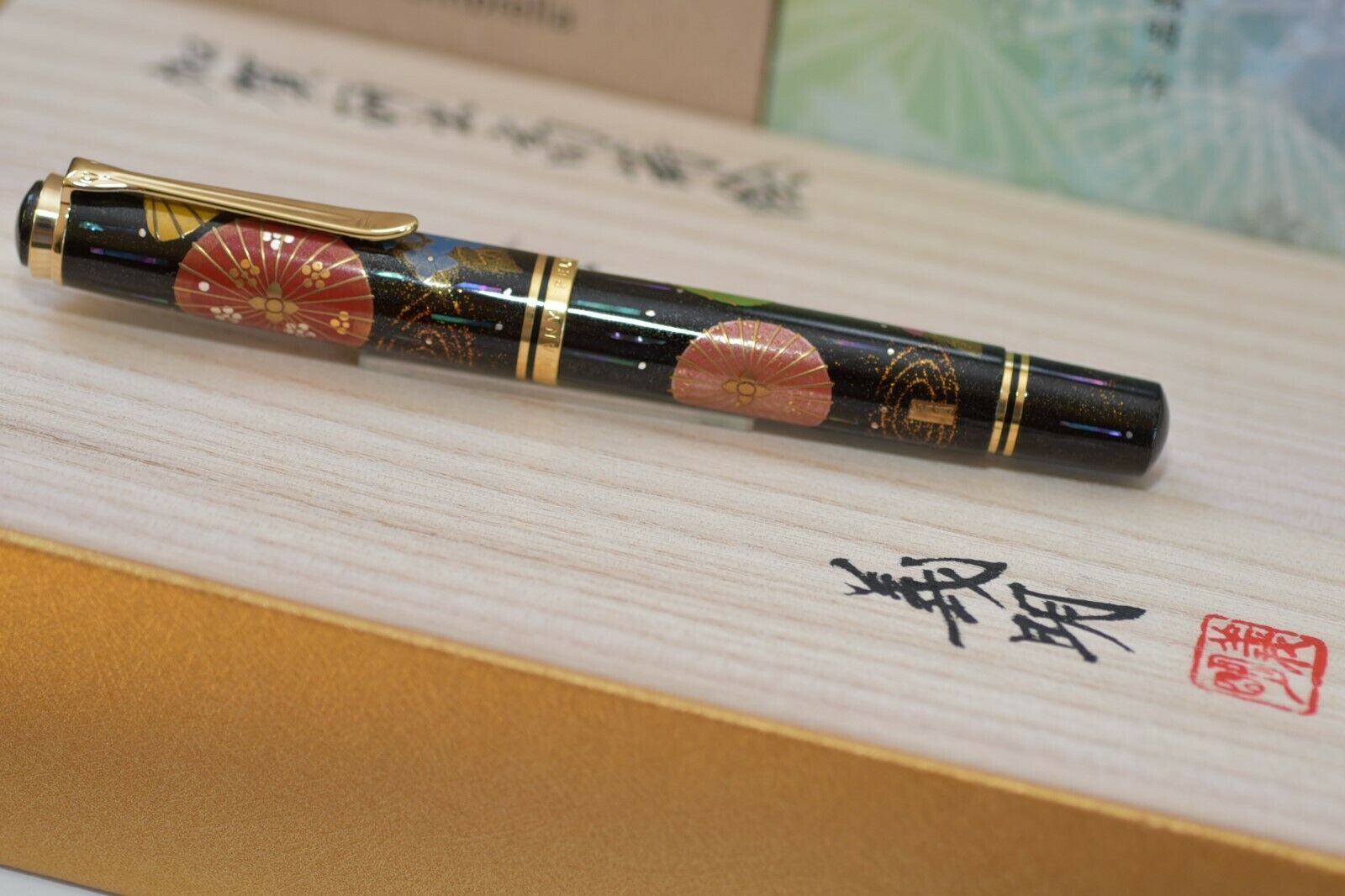

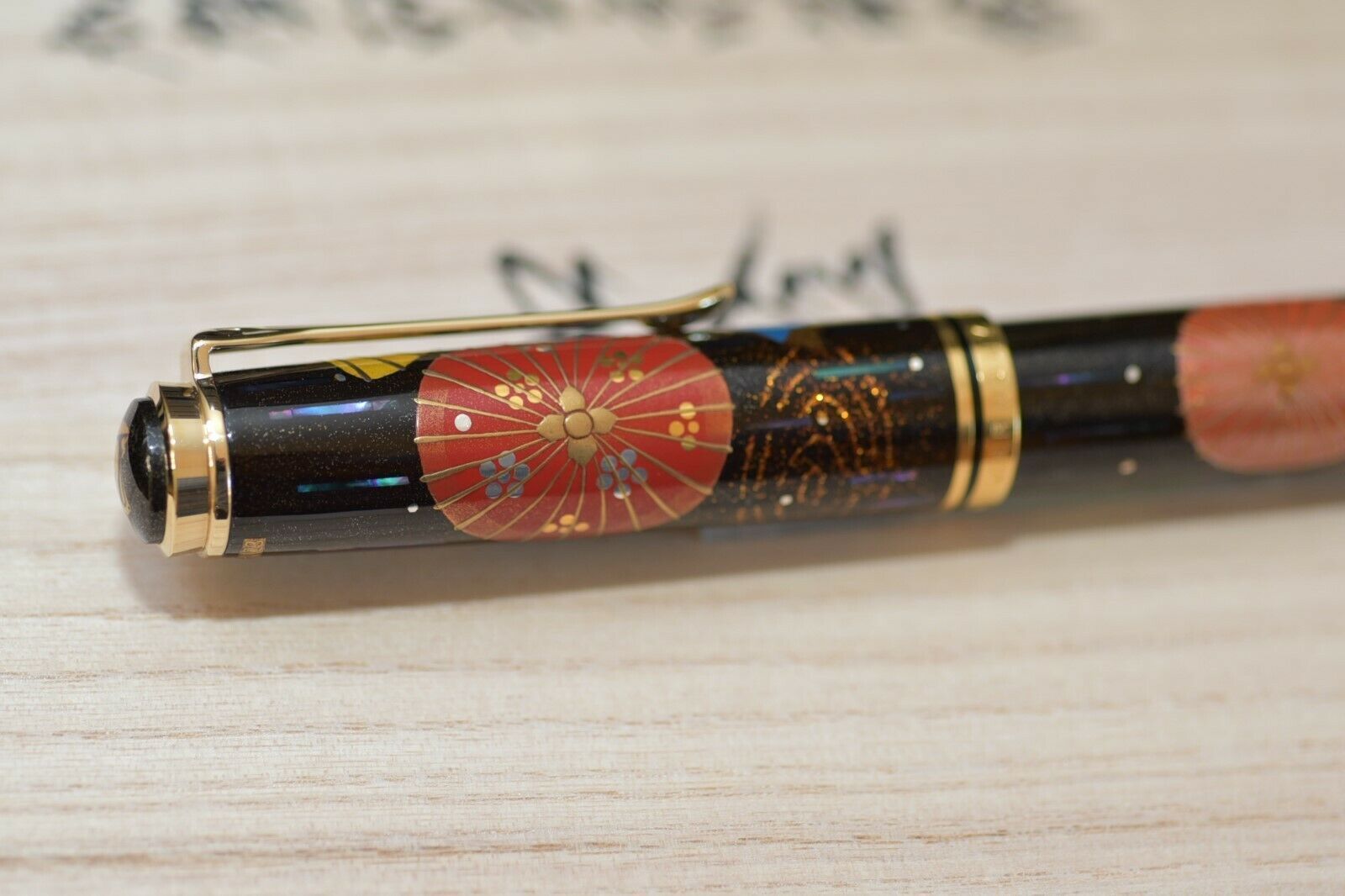
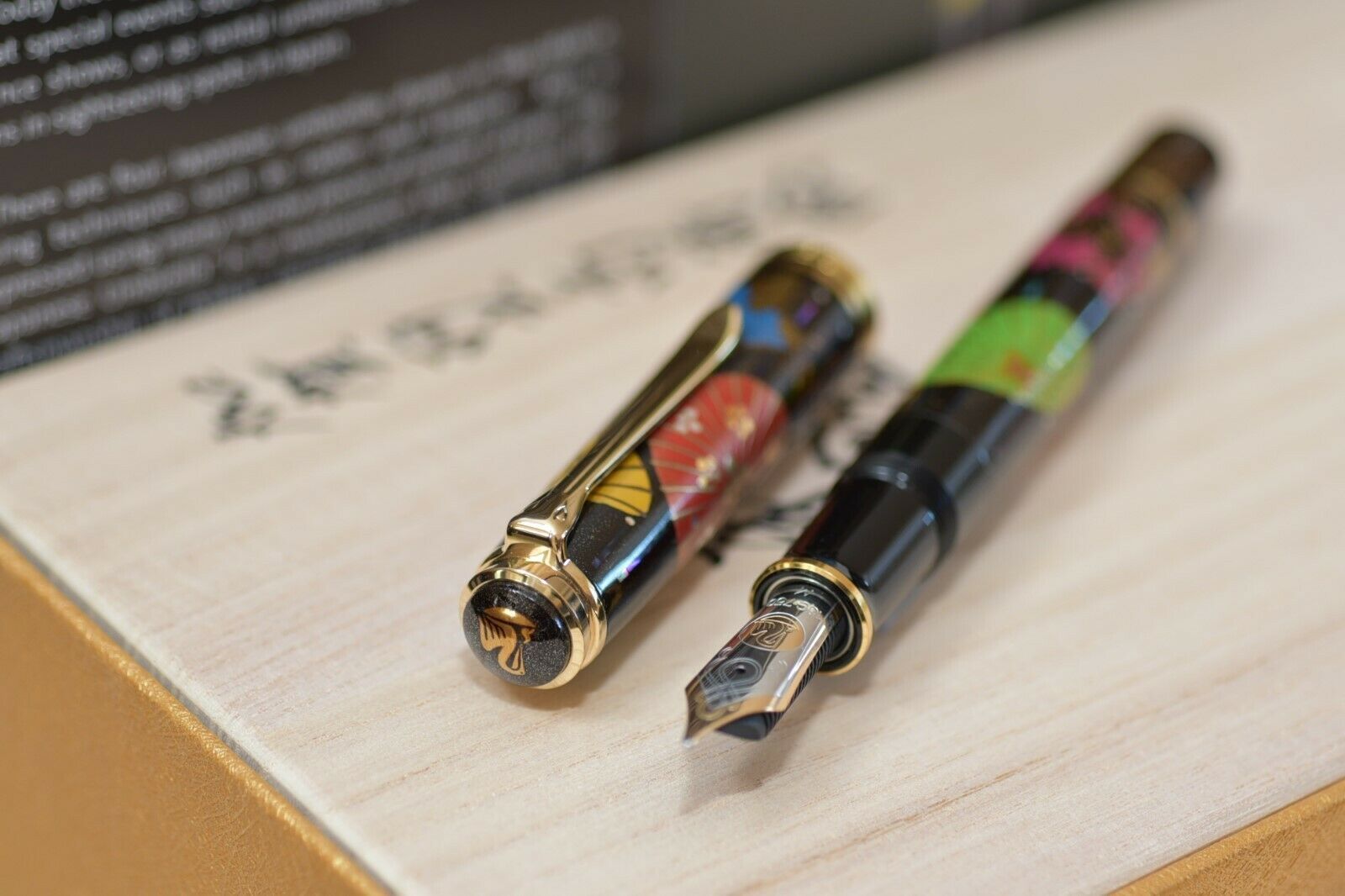
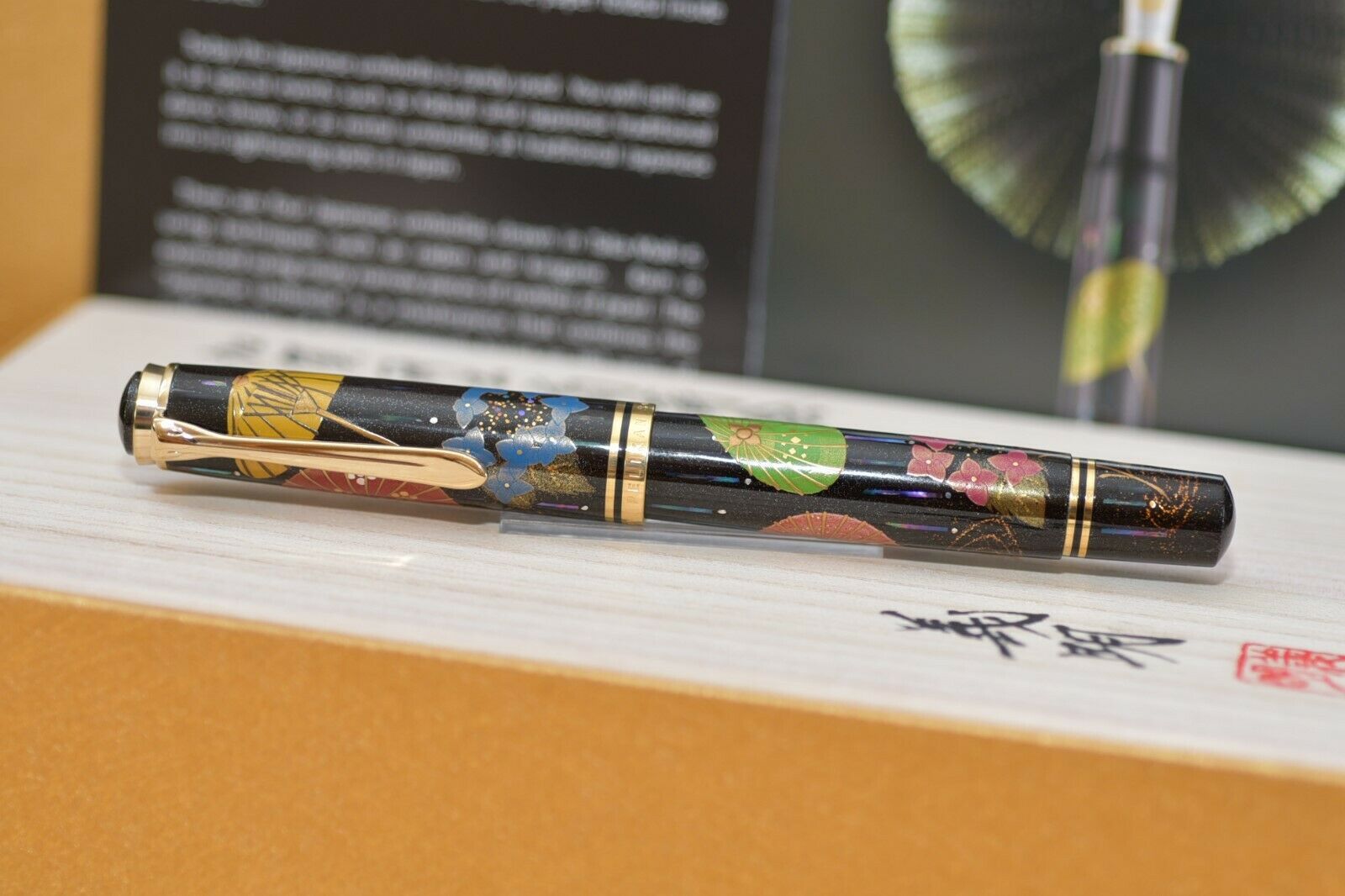
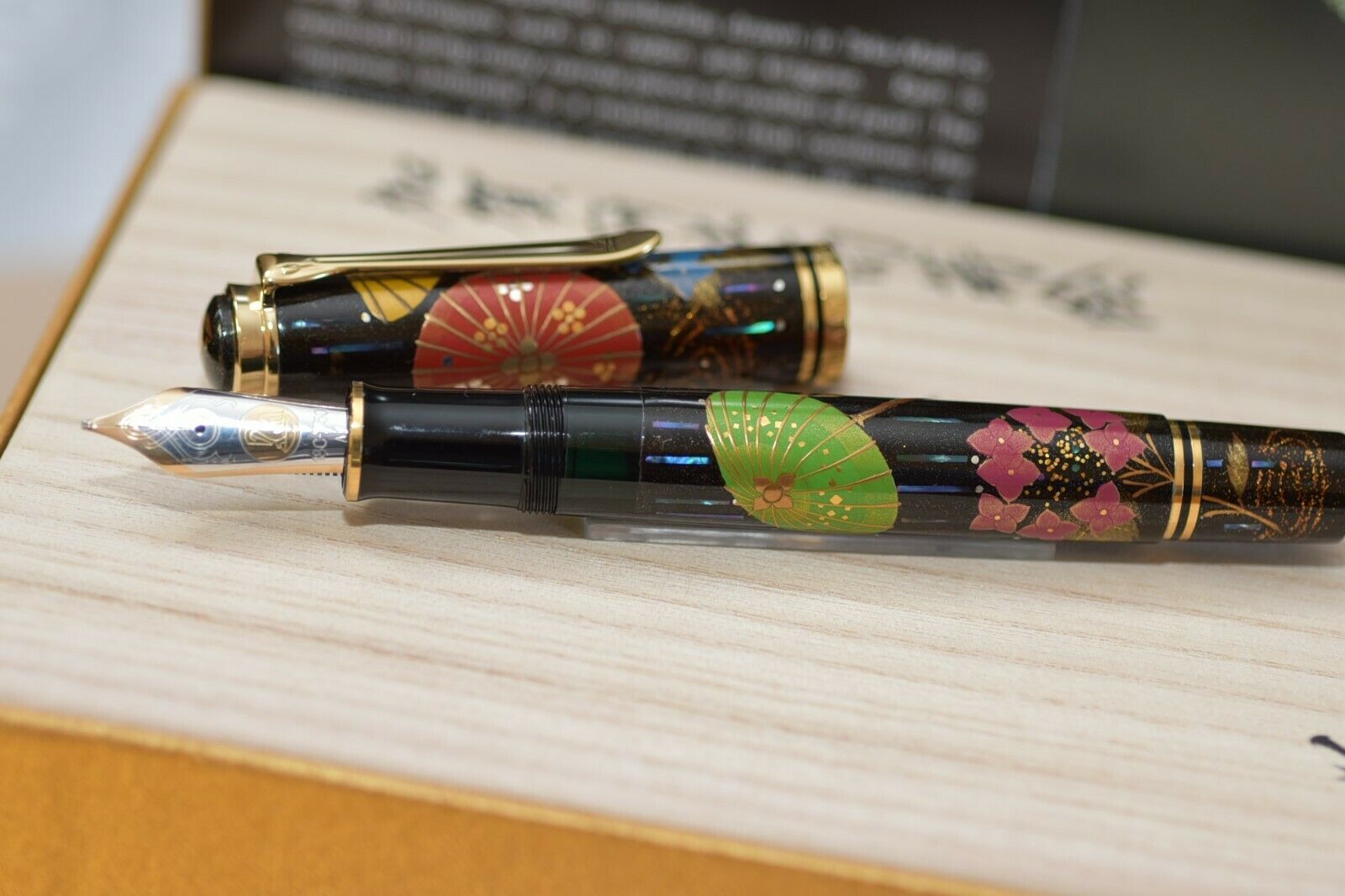

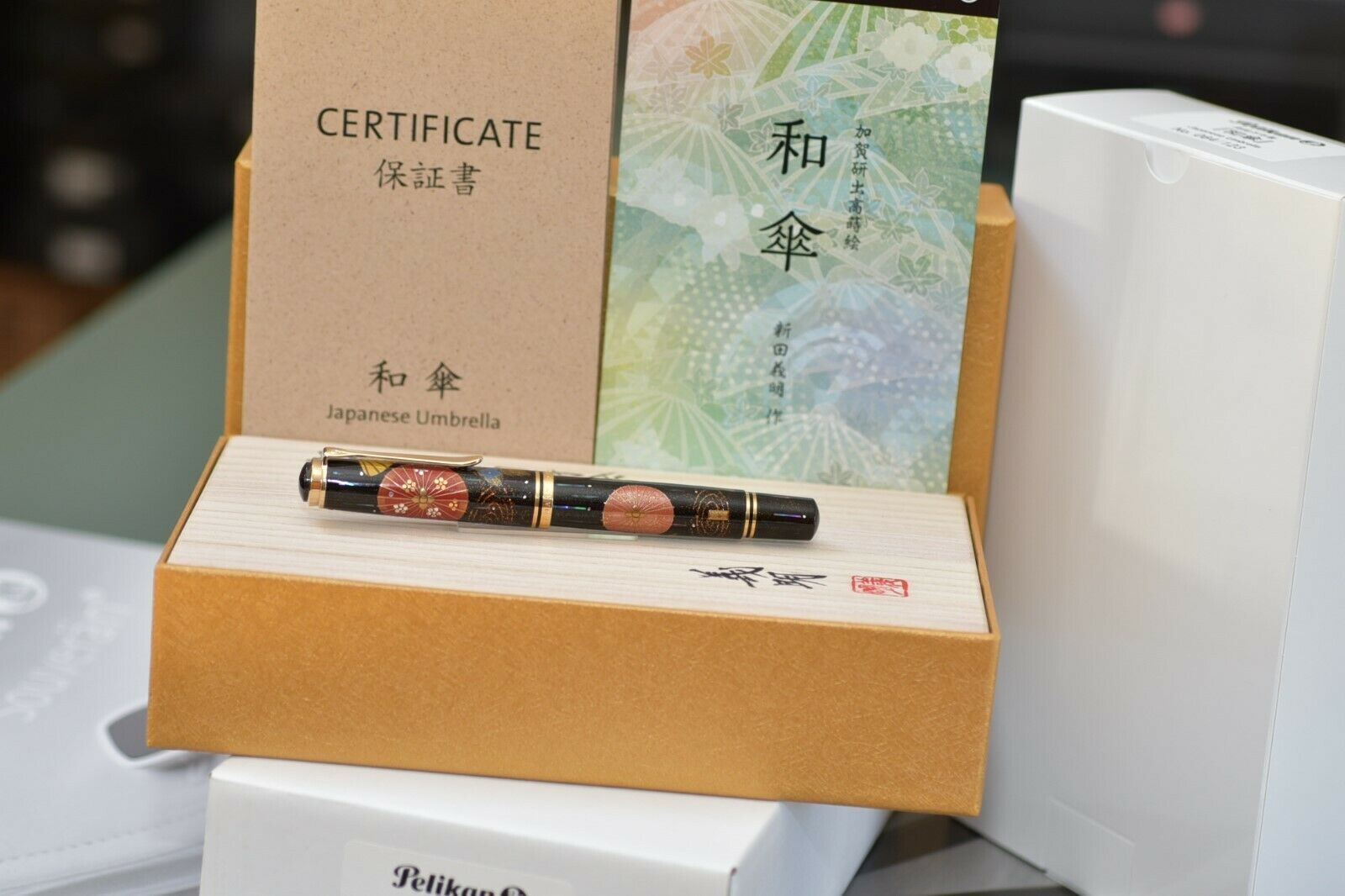
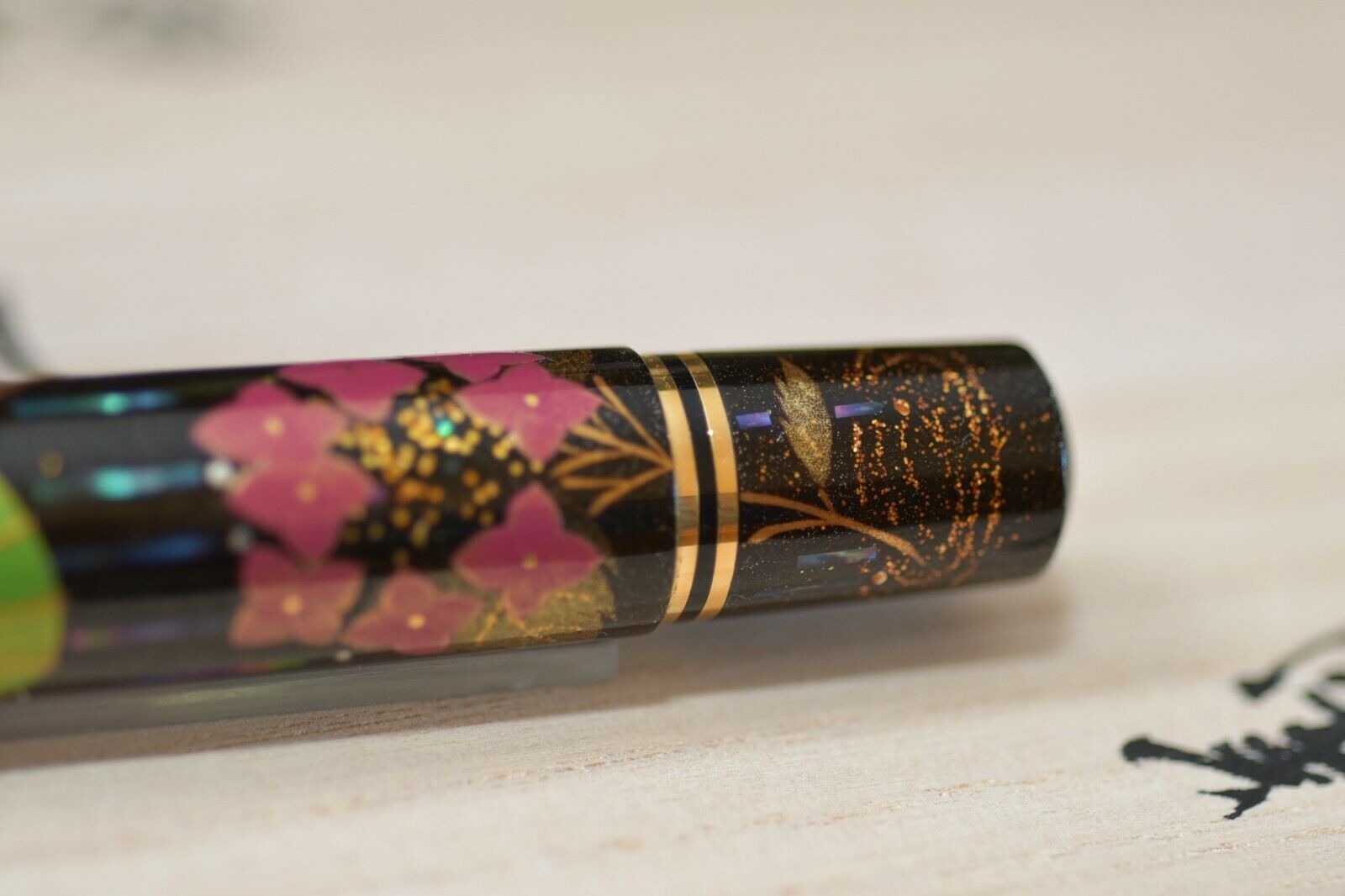
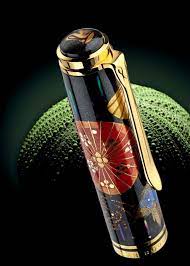
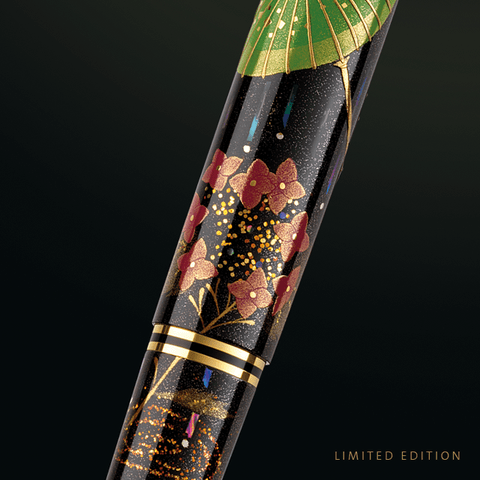
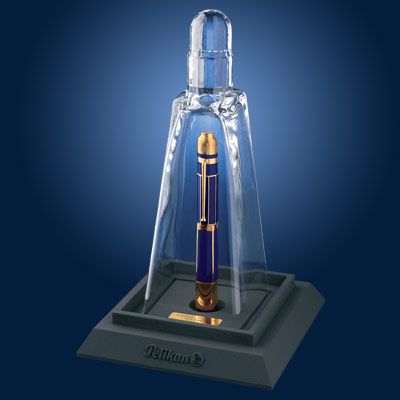
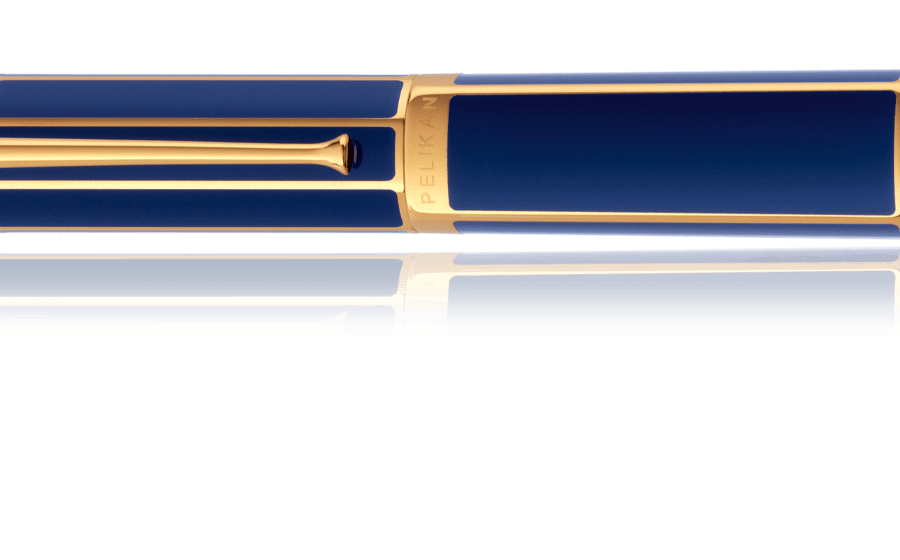
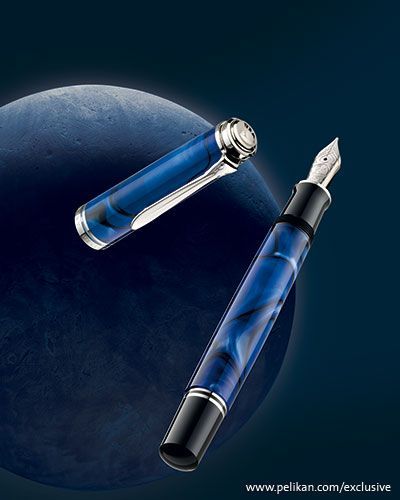
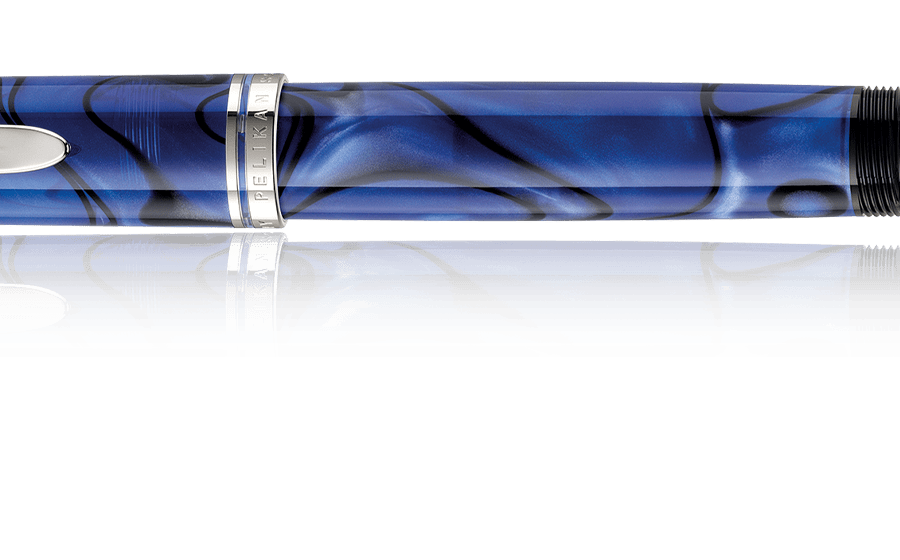
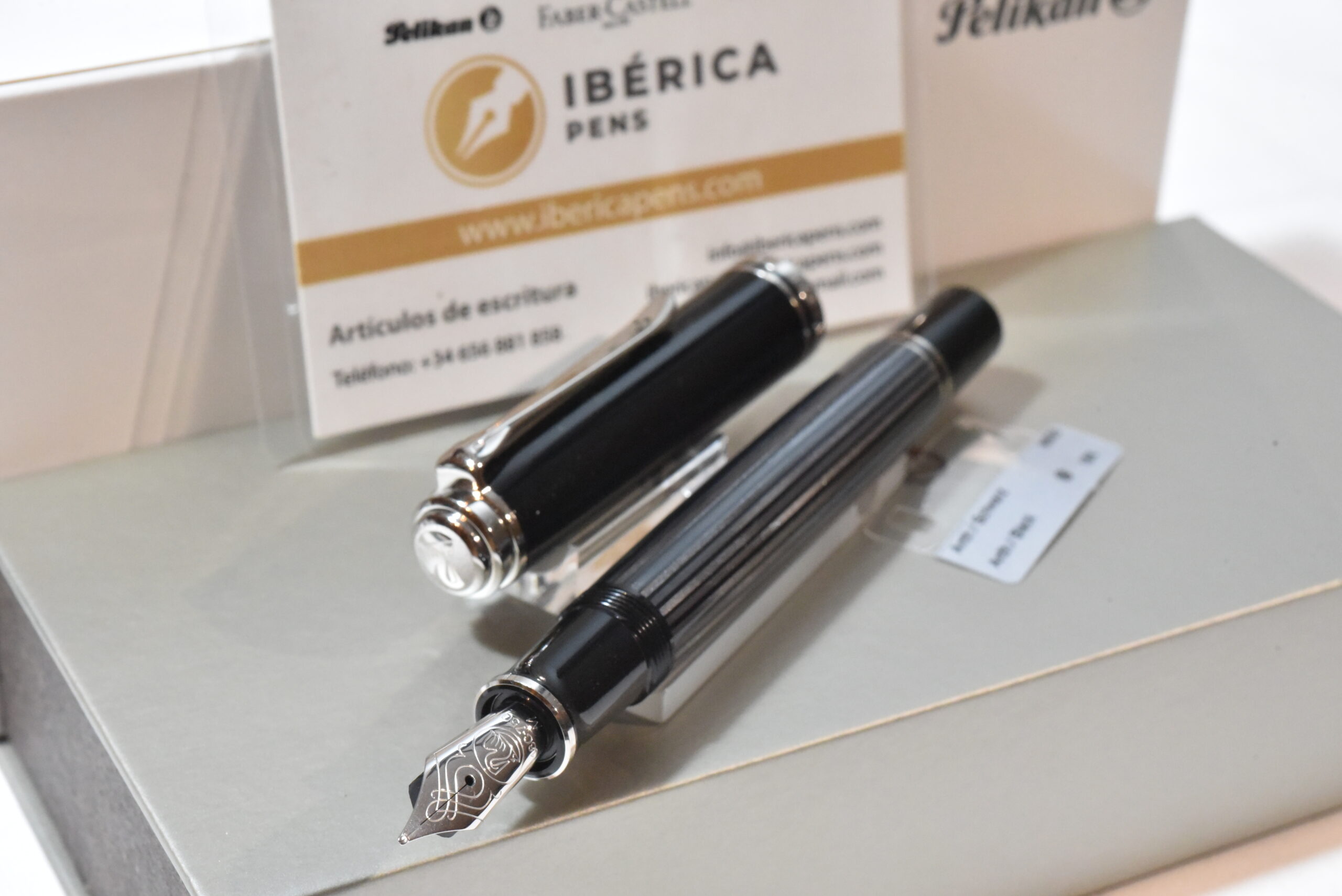
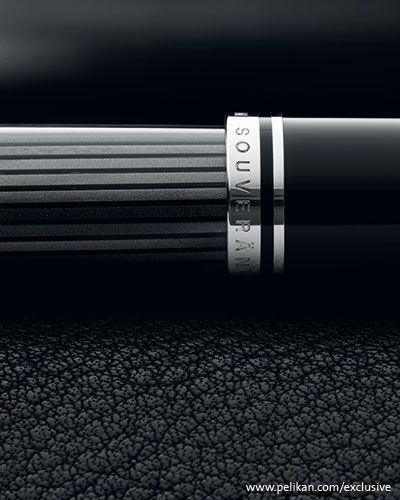
 Fountain pen
Fountain pen